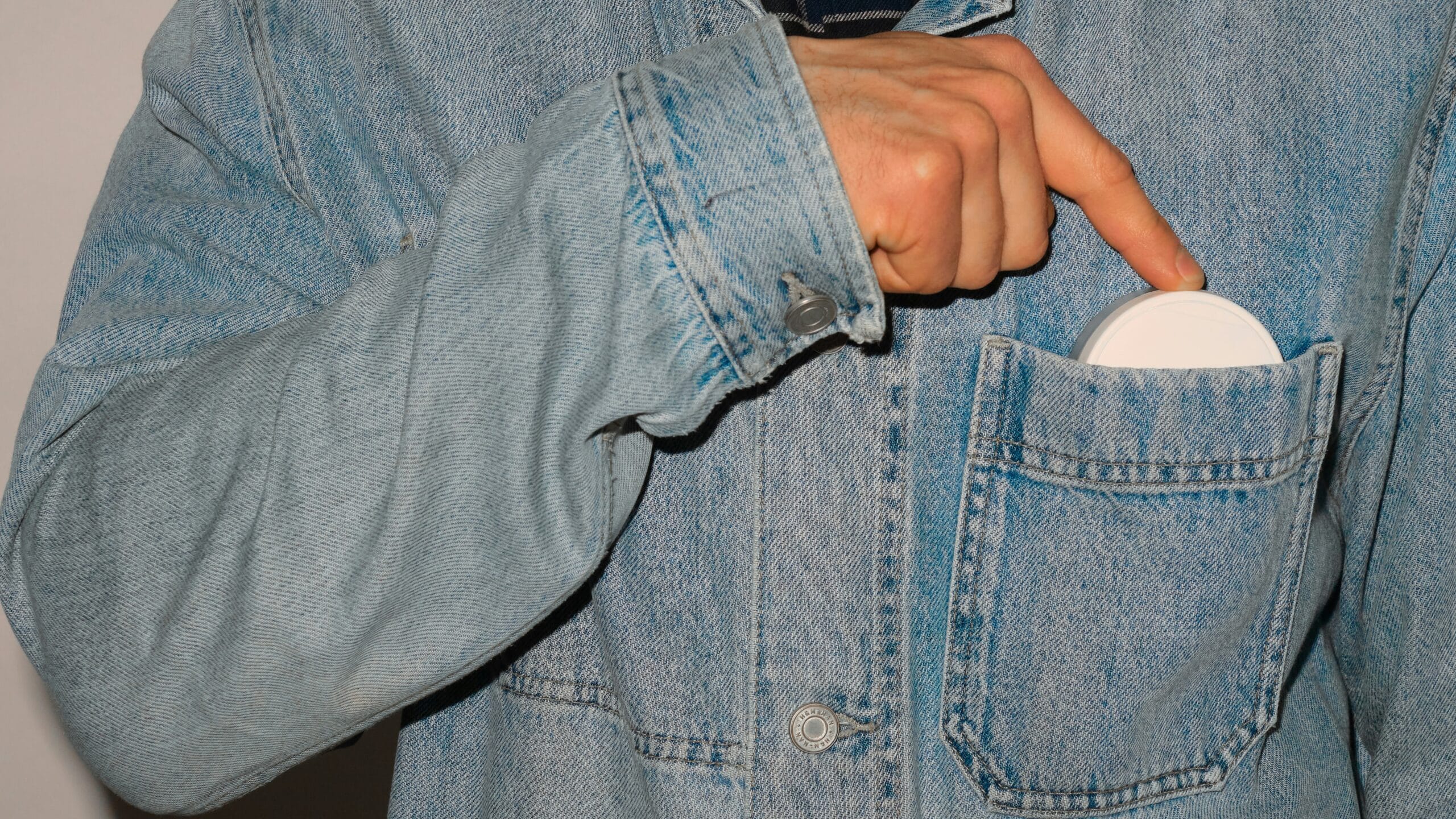You might have noticed more people talking about snus or nicotine pouches as “smoke-free” alternatives to cigarettes. They sit under the lip and deliver nicotine without burning tobacco. While they may feel discreet and convenient, they’re not harmless, especially for your gums and the delicate lining of your mouth. Here’s a clear, balanced guide to how snus, nicotine pouches and smoking can affect oral health, plus simple ways to protect your smile.
First things first: the legal bit in Australia
In Australia, nicotine pouches are illegal to sell or advertise unless prescribed. Oral tobacco products (like traditional snus) also remain banned. If you’re seeing them online or in shops, that doesn’t make them legalor safe. If you have questions about quitting or alternatives, chat with a health professional. Therapeutic Goods Administration (TGA)Health, Disability and Ageing Australia
Are pouches “safer” than smoking for your mouth?
Non-combustible nicotine products remove smoke, which is responsible for many whole-body harms from cigarettes. That said, “less harmful than smoking” does not equal “safe for your mouth.” Evidence suggests nicotine pouches and snus can still irritate oral tissues and gums. Early research indicates lower oral-cancer risk than smoking, but local mouth effects like lesions and gum recession are common, and long-term data are still evolving. ScienceDirectBioMed Central
How snus and nicotine pouches affect the mouth
Local irritation and lesions. Placing a pouch in the same spot repeatedly can cause a pale, thickened patch where it rests (sometimes described as a snus-induced lesion). These patches often resolve when you stop, but persistent white or red areas should always be checked. Dentistrywh.com
Gum recession. Constant pressure and chemical irritation can cause the gum to creep downwards at the placement site, exposing root surfaces. Exposed roots are more sensitive, more prone to decay, and harder to keep clean. Dentistry
Sensitivity and root decay. If flavours are acidic or sweetened, and saliva is reduced by nicotine, the risk of root surface decay can increase—especially where gums have receded. (Good home care helps, but it doesn’t fully remove the risk.)
Staining and bad breath. Tobacco-containing snus can stain. Nicotine itself can also dry the mouth, which worsens breath and plaque build-up.
Healing and inflammation. Nicotine constricts blood vessels, reducing nutrient delivery and slowing healing. Mouth ulcers, minor injuries, and post-treatment recovery may take longer to settle. Evidence is still building for pouches, but the mechanism is well established with tobacco. BioMed Central
How smoking affects the mouth (and why it’s still the bigger problem)
Cigarette smoke is strongly linked to oral cancer, gum disease, tooth loss, poor wound healing (including dry socket after extractions), and reduced success of periodontal and implant treatments. Smokers also tend to bleed less during brushing not because gums are healthier, but because blood flow is impaired—masking disease until it’s advanced. Quitting significantly improves outcomes at every stage of dental care.
If you use snus or pouches now
We’re not here to judge, just to help you protect your mouth.
Move the placement. Rotate sites to reduce constant trauma on one area. If you notice a white patch or soreness, give that spot a break and have it assessed. Dentistry
Shorten contact time. The less time in contact, the less local irritation.
Rinse with water afterwards. Especially if flavours are acidic. Wait 30 minutes before brushing to avoid brushing softened surfaces.
Support your enamel. Use a fluoride toothpaste (spit, don’t rinse) and add a high-fluoride toothpaste or varnish if your dentist recommends it.
Boost saliva. Sip water regularly; sugar-free gum can help if your jaw allows.
Watch for warning signs. Persistent white or red patches, ulcers that don’t heal in two weeks, a lump, or one-sided throat/ear pain—book promptly.
If you smoke (or switched but still smoke sometimes)
Cutting down helps, but quitting smoking is the single best step for your mouth and overall health. We can point you to quit supports that fit your life and discuss dental care that makes quitting more comfortable (for example, managing sensitivity or dry mouth while your routine resets).
How Sage Space can help
- Regular Check-ups to spot early changes and tailor care if you use pouches or smoke.
- Gentle cleans and de-sensitising treatments for exposed roots or irritated areas.
- Personal prevention plans from custom mouthguards (if grinding is part of the picture) to high-fluoride care and lesion monitoring.
- Clear, judgement-free guidance on quitting smoking and navigating legal, safe options in Australia.
Ready to feel better? Choose a time that suits you here.






